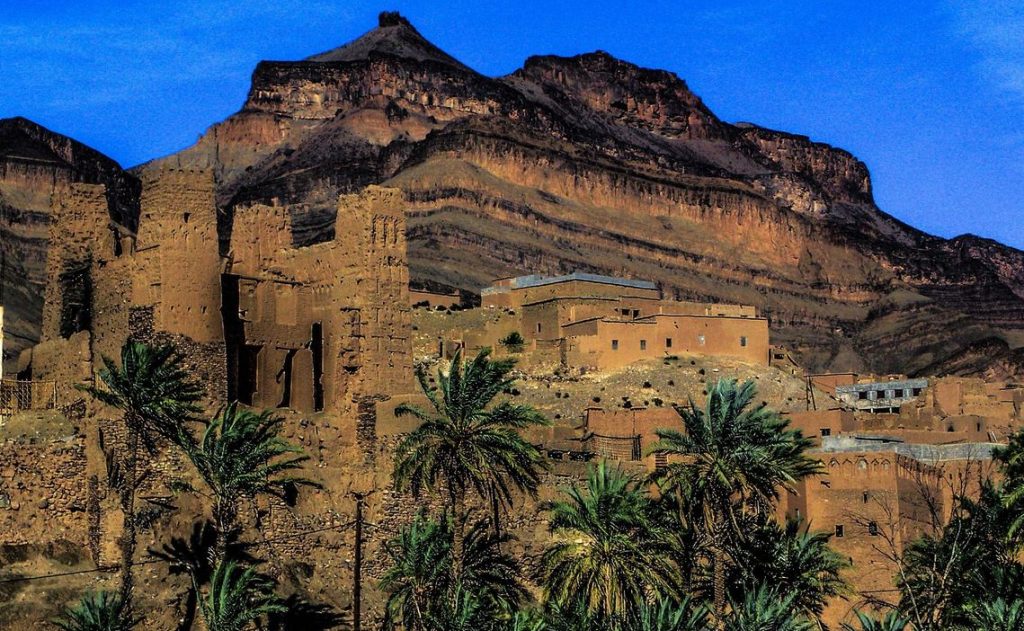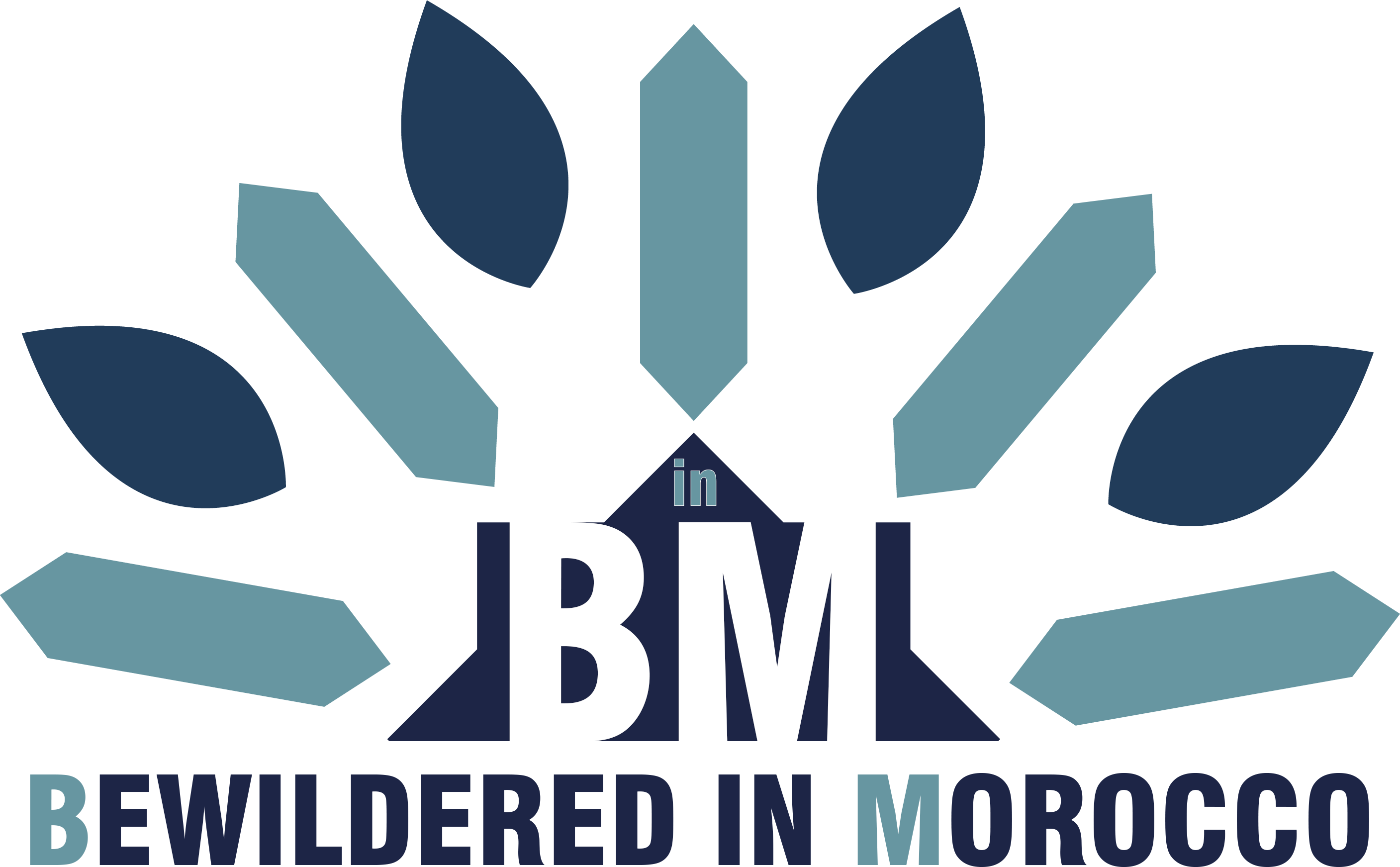
Morocco, a land of vibrant culture and breathtaking landscapes, occupies a unique position on the world map. Located in northwest Africa, it serves as a bridge between continents, blending African, Arab, Amazigh, and European influences. Let’s uncover where Morocco is and why its strategic location makes it so special.
Where is Morocco Located?
Morocco lies in the northwest corner of Africa, bordered by:
- To the East: Algeria
- To the South: Mauritania
- To the North: The Mediterranean Sea
- To the West: The Atlantic Ocean
Its geographical coordinates are 32.75° north latitude and 6.19° west longitude, placing it near the Greenwich meridian.
Maritime and Land Borders
Morocco boasts over 3,000 kilometers of coastline, stretching along the Mediterranean Sea and the Atlantic Ocean. It faces Europe across the Strait of Gibraltar, with Spain’s territories of Ceuta, Melilla, and the Peñón de Vélez de la Gomera just across the water.
Advantages of Morocco’s Location
Morocco’s position offers numerous benefits:
- Proximity to Europe: Its closeness to continental Europe has fostered strong trade links and cultural exchanges.
- Economic Opportunities: Home to the bustling Tangier Med Port, Morocco serves as a key hub for international trade.
- Tourism and Investment: Morocco’s accessibility and cultural diversity attract millions of tourists and significant foreign investments annually.
- Energy and Resources: The Maghreb-Europe gas pipeline runs through Morocco, enhancing its energy infrastructure.
Traveling to Morocco
Visitors can reach Morocco via air, land, or sea:
- Airports: Major cities like Casablanca, Marrakech, and Rabat have international airports.
- Visa Policy: Citizens from select countries, including many Arab and European nations, can enter without a visa for up to 90 days. Others require a visa, which can be obtained from Moroccan embassies.
Distances Between Major Cities in Morocco
- Rabat to Casablanca: 86.9 km (about an hour by car)
- Fez to Meknes: 64.3 km (roughly 56 minutes by road)
- Tangier to Chefchaouen: 113 km (approximately 2 hours by car)
- Marrakech to Agadir: 258 km (around 3 hours by road)
Discover Morocco Beyond its Location
While its geographical position is impressive, Morocco’s true allure lies in its rich culture, diverse landscapes, and dynamic economy.
Climate
Morocco enjoys a Mediterranean climate, characterized by hot, dry summers and cool, wet winters. The coastal regions benefit from mild weather, while the Sahara offers dramatic temperature extremes.
Culture and Language
- Languages: Arabic and Amazigh are the official languages, with widespread use of French, Spanish, and English.
- Religion: Islam is the predominant religion, but Morocco is known for its religious tolerance.
Economy
- Agriculture employs 40% of the population.
- Industry contributes significantly to the GDP, with thriving sectors like automotive, aerospace, and phosphates.
- Tourism attracts over 10 million visitors annually, showcasing Morocco’s historical cities, natural wonders, and vibrant culture.
Infrastructure
- Renewable Energy: The Noor Power Station in Ouarzazate, the world’s largest solar power plant, highlights Morocco’s commitment to sustainable development.
- Connectivity: Morocco’s modern infrastructure, including highways and high-speed trains, makes travel convenient.
Why Visit Morocco? From its ancient medinas and majestic mountains to its vibrant markets and pristine beaches, Morocco offers an unparalleled experience. Its unique position as a crossroads of civilizations ensures a blend of heritage and innovation, making it a must-visit destination.
